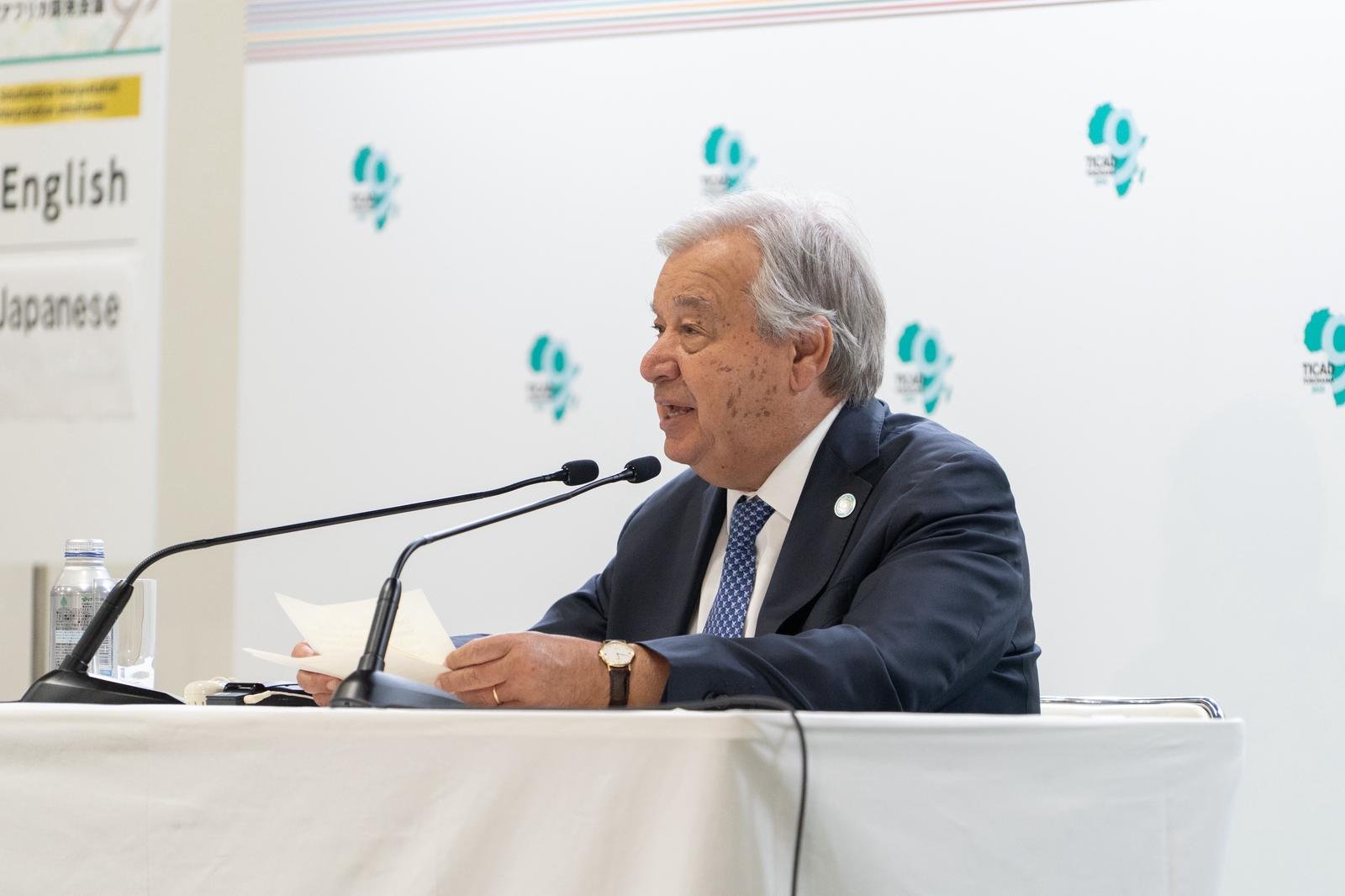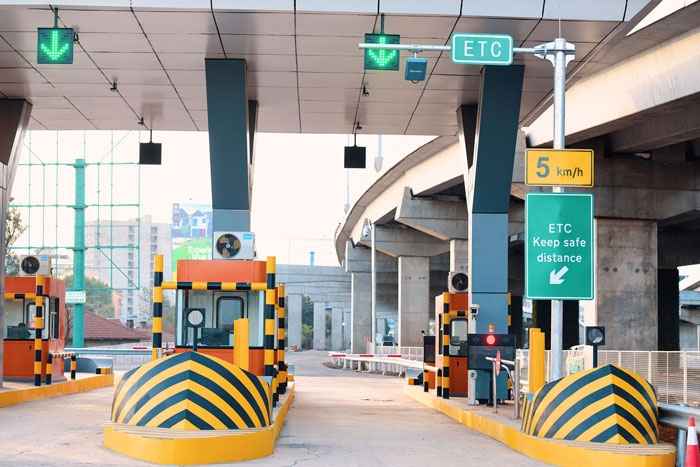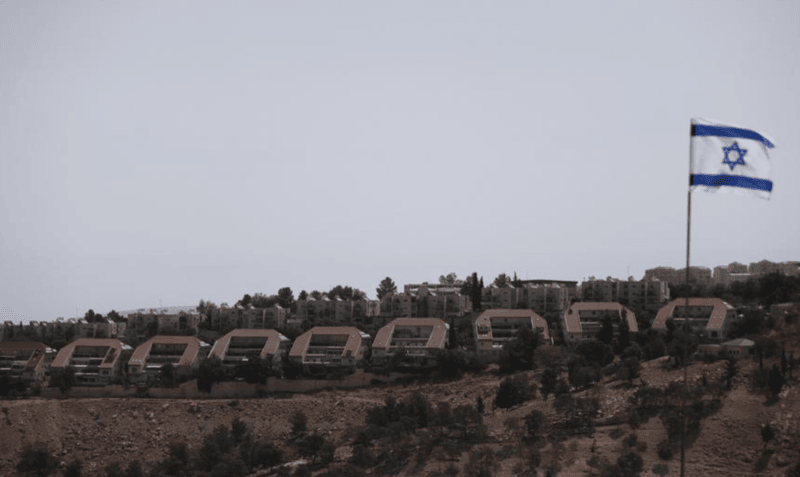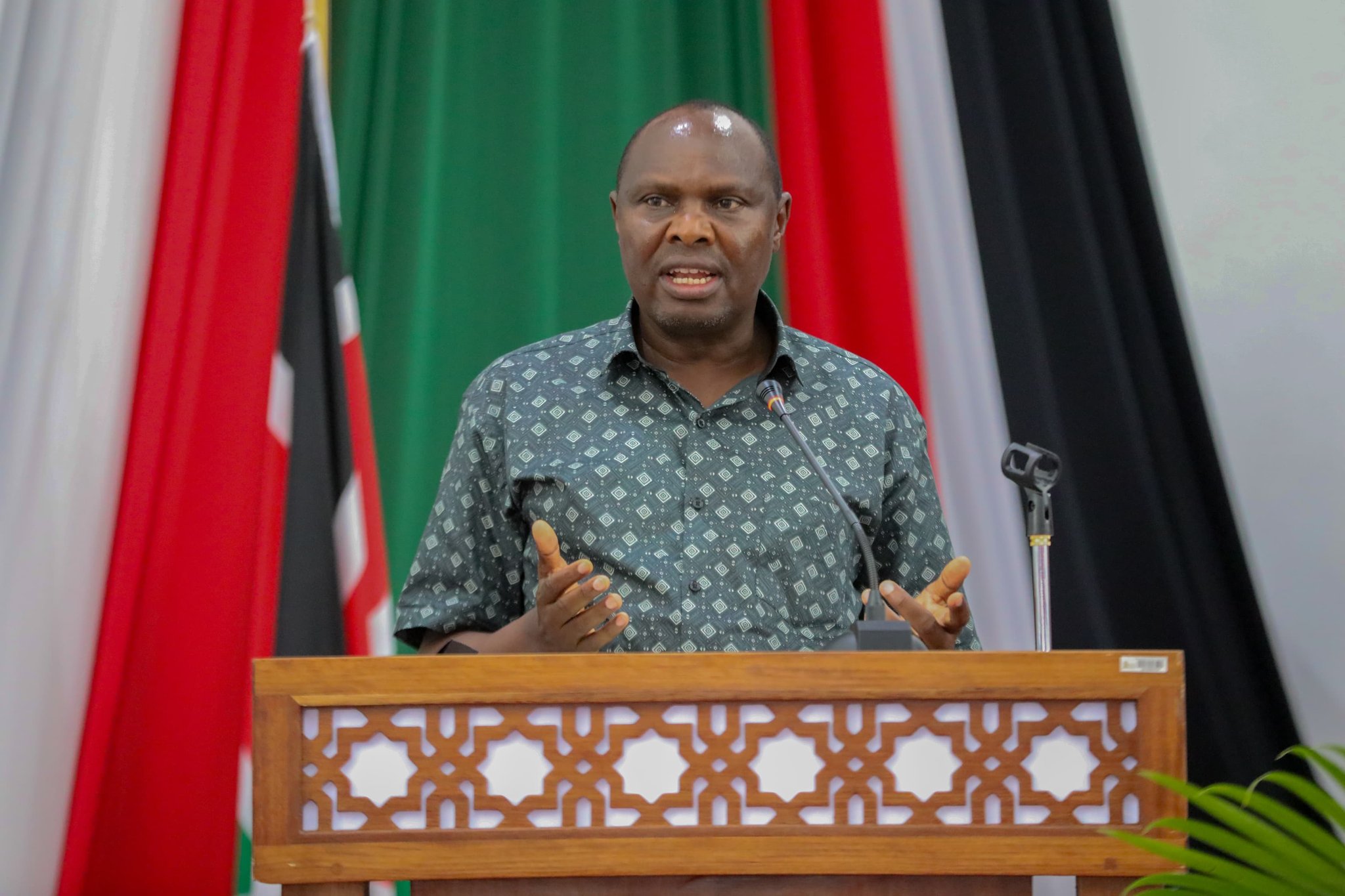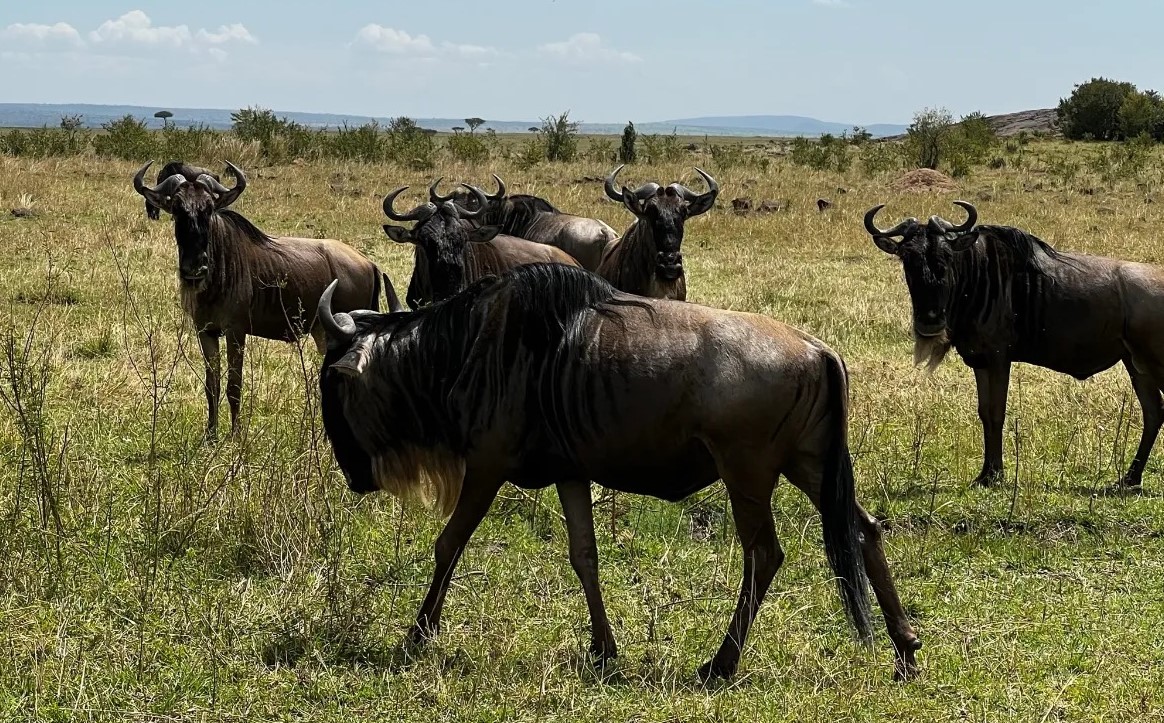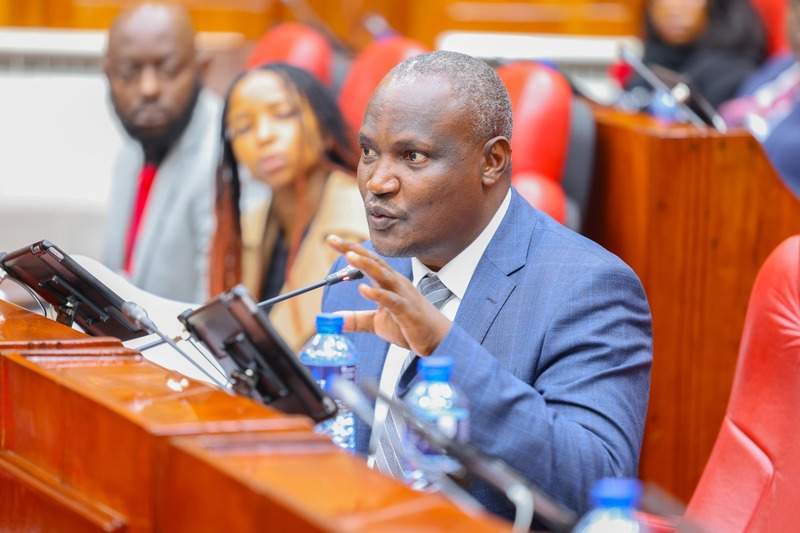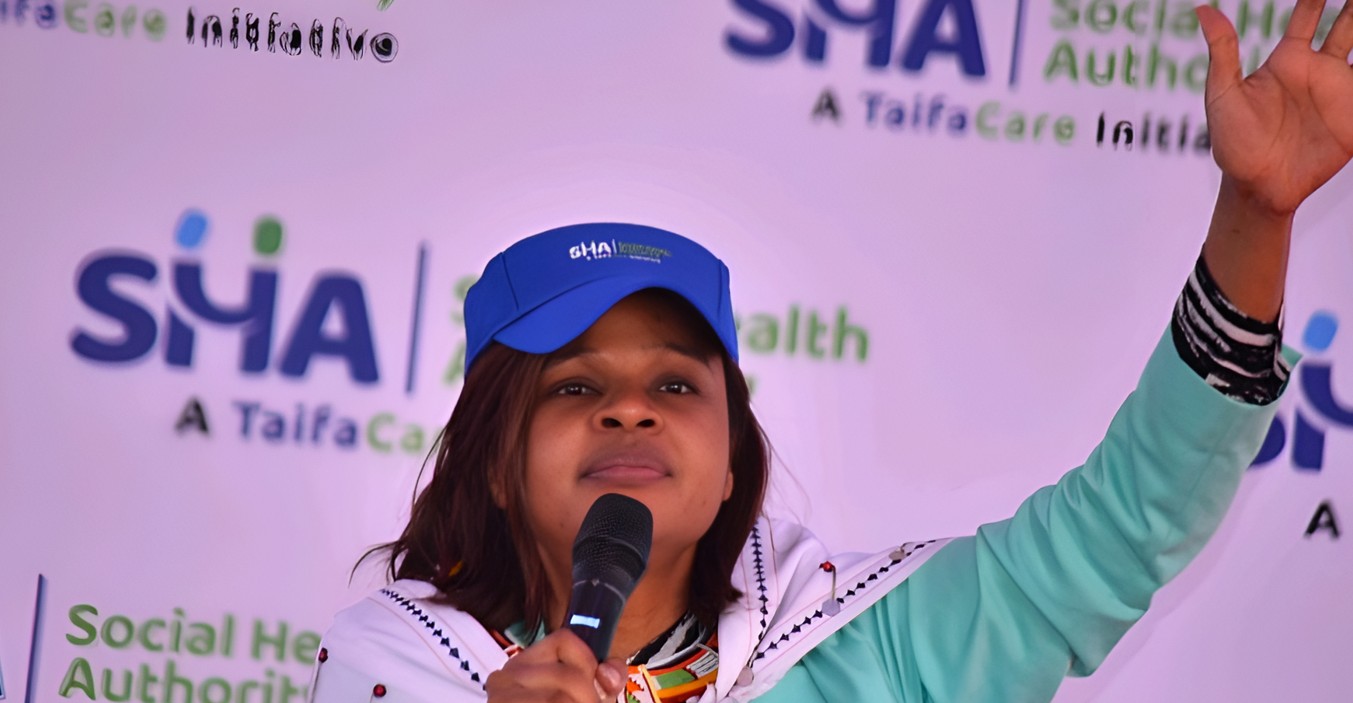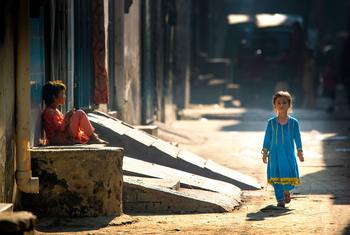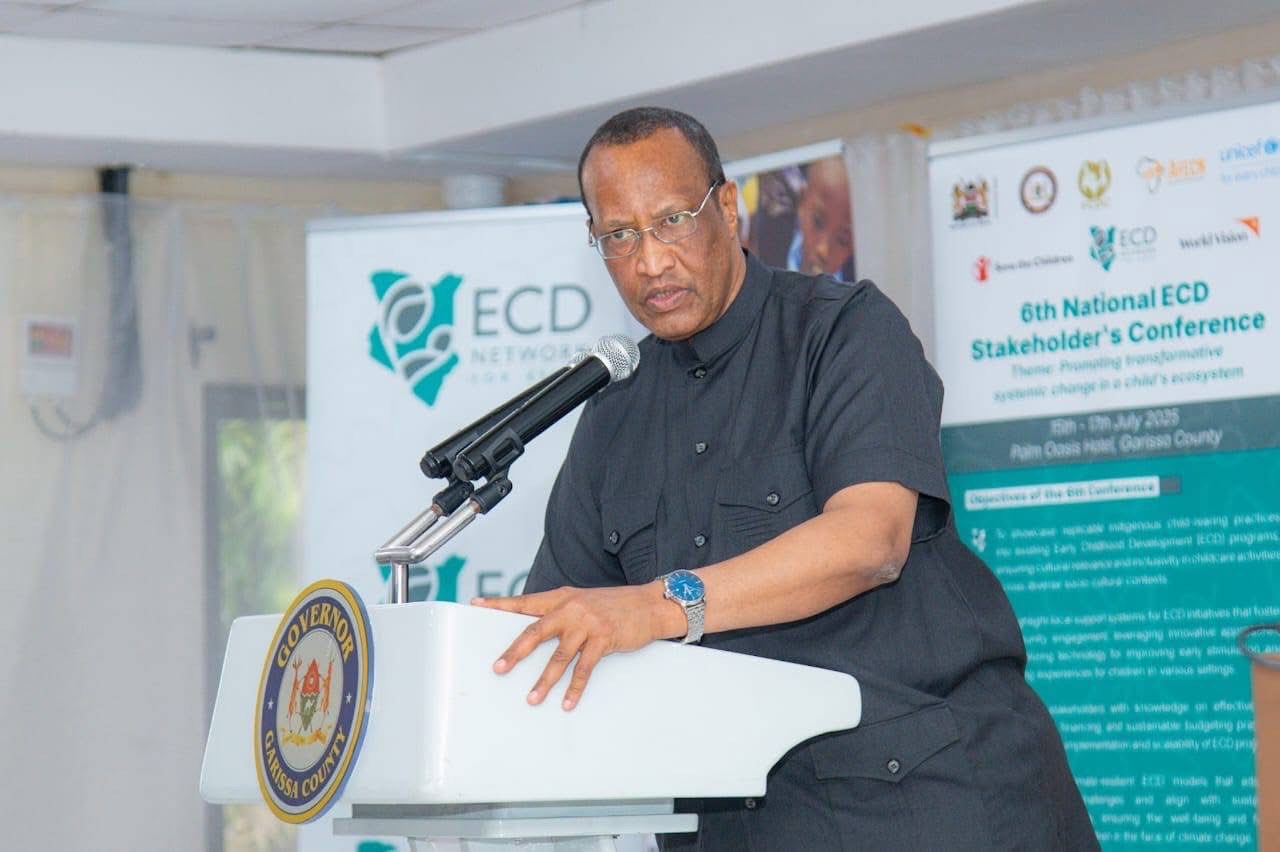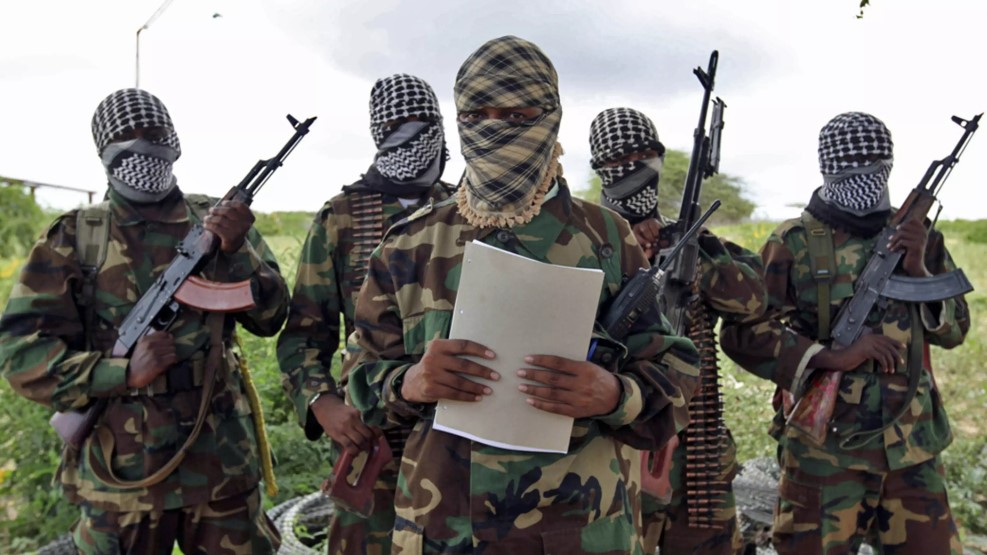New project helps Wajir youth tackle plastic waste, create jobs and curb drug abuse
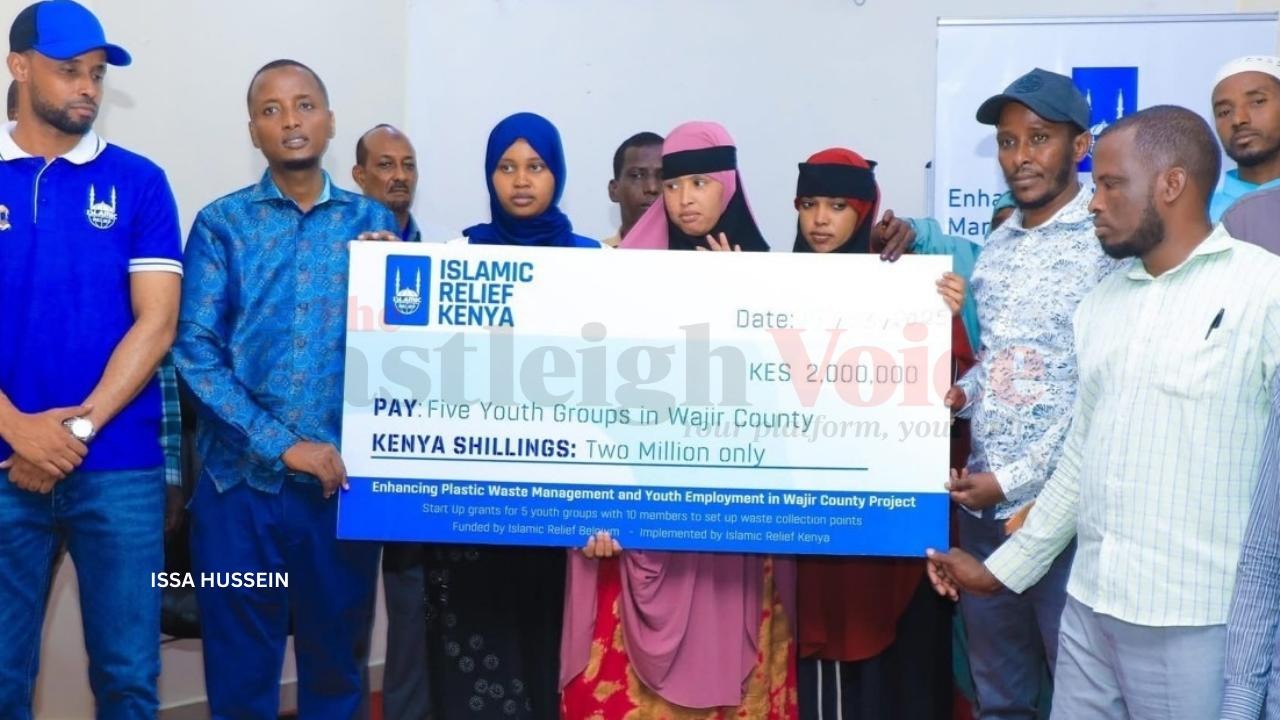
To launch the programme, Islamic Relief Kenya donated Sh2 million, giving each youth group a Sh400,000 grant to set up garbage collection points and start plastic waste management ventures that boost their economic well-being.
Islamic Relief Kenya has launched a new initiative in Wajir town to empower youth groups in managing plastic waste while creating opportunities for self-sustenance.
The project, titled “Enhancing Plastic Waste Management and Youth Employment in Wajir,” seeks to improve waste management and provide young people with start-up opportunities in income-generating activities. The aim is to reduce unemployment while steering youth away from drug abuse and human trafficking.
To kickstart the programme, the organisation donated Sh2 million. Each participating youth group received a grant of Sh400,000 to establish garbage collection points and develop plastic waste management ventures that also enhance their economic well-being.
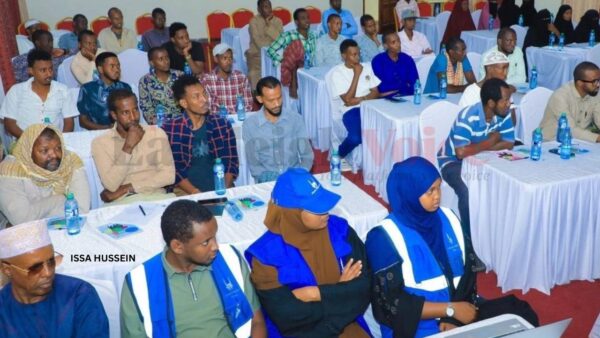 Beneficiaries of the plastic waste management and job creation programme during a meeting in Wajir town. (Photo: Issa Hussein)
Beneficiaries of the plastic waste management and job creation programme during a meeting in Wajir town. (Photo: Issa Hussein)
Wajir County Executive Committee Member for Education, Social Welfare, and Family Affairs, Ahmed Wardere, praised the initiative as a timely intervention.
“This project will play a key role in cleaning plastic waste across Wajir town, giving us a cleaner and healthier environment while creating employment opportunities for our youth, keeping them engaged in productive work,” he said.
He further emphasised its role in addressing social challenges.
“The project will reduce the lure of drugs and substance abuse by keeping our young generation positively occupied. It will provide an alternative livelihood that discourages involvement in illegal human trafficking (Tahrib),” added Ahmed.
New opportunities
Beneficiaries welcomed the project, saying it would both improve public hygiene and create new opportunities.
“We are happy about the project because plastic is a problem in our town. We are going to clean the town, and the effect of plastic waste on the environment will be reduced,” said Shakil Mohamed Salah, Vice Chairman of Ecofriendly Youth Group.
Youth groups also expressed plans to expand the project through community campaigns on the dangers of plastic waste and its role in climate change.
“The town's image has been destroyed by plastic waste, which creates a toxic environment. Plastic waste also damages the aesthetic appearance of the town,” said Abdi Adan, Chairman of a youth group from Hodan Location.
“As youth from Wajir, this project will help us a lot. We really appreciate Islamic Relief Kenya for offering us a lot of training about plastic waste management.”
For others, the project represents life-changing opportunities.
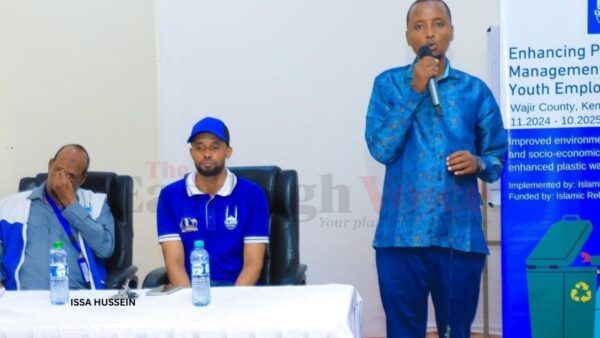 Wajir County Executive Committee Member Ahmed Wardere addressing the youth during the event. (Photo: Issa Hussein)
Wajir County Executive Committee Member Ahmed Wardere addressing the youth during the event. (Photo: Issa Hussein)
Recycle and package
“We are pleased to have the training on environmental threats posed by plastic waste. We can now recycle and package them for sale to potential buyers,” said Halima Mohamed from the Wagberi Plastic Management Youth Group.
Local leaders echoed the project’s significance.
“It will create jobs for the youth groups while improving public hygiene in our town. It is a program that is addressing two problems at the same time,” said Wagger Ward Administrator, Aden Ahmed.
According to Nimo Aden, the Islamic Relief Kenya programme officer in Wajir, the project has been structured to maximise both environmental and economic benefits.
“Each group we have given them training and a start-up grant of Sh400,000 that is expected to have a great impact on toxic waste management and poverty reduction,” she said. She expressed hope that youth groups will collaborate and drive community-based solutions.
Awareness programmes
The project also includes awareness programmes in schools, billboard campaigns, and the establishment of five major waste collection hubs with strategically placed waste bins.
Wajir town has long struggled with waste management. Massive heaps of uncollected plastic waste have overwhelmed the municipality, prompting Islamic Relief Kenya and other partners to step in.
A 2023 Municipality Solid Waste Management Policy highlights the scale of the challenge: Wajir generates about 4,000 tons of waste every month, much of which ends up uncollected.
“Disposal of waste in Wajir Municipality remains a major challenge as the municipality is grappling with unregulated waste flow from the neighbourhoods into the central business district and limited disposal sites with no established modern waste management facility,” the policy states.
By combining youth empowerment with environmental action, the project is expected to make a lasting impact on both livelihoods and the town’s waste management systems.
Top Stories Today


